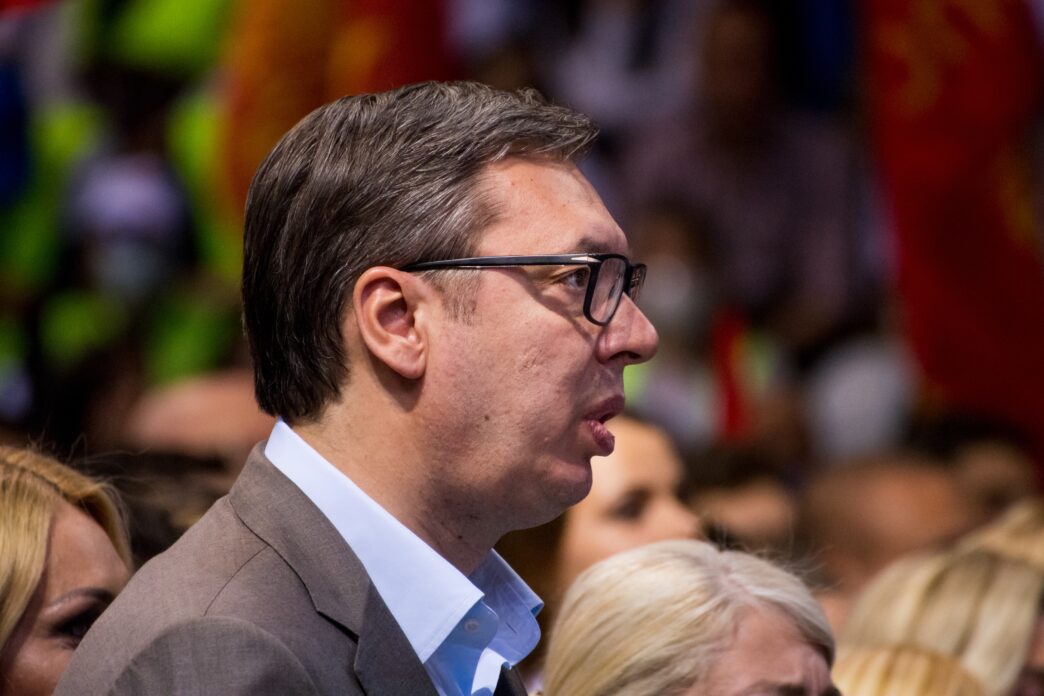Executive Summary
The Story So Far
Why This Matters
Who Thinks What?
Serbian President Aleksandar Vučić defended his country’s economic performance and leadership at Euronews’ EU Enlargement Summit on Tuesday, pushing back against a new European Commission report that criticized democratic backsliding and the use of force against protesters in Serbia. His remarks come amidst ongoing domestic opposition and a recent mass demonstration marking the anniversary of a fatal train station collapse.
Economic Resilience Amidst Scrutiny
Addressing criticisms from Brussels and domestic protests, President Vučić highlighted Serbia’s economic credentials. He stated that despite continuous protests since 2014, the country has maintained good growth rates and significantly reduced its public debt.
Vučić noted that Serbia’s public debt-to-GDP ratio currently stands at 43%, which he contrasted with the European Union average of 80.7% in 2024, according to European Commission data. He also pointed to improved credit ratings, including S&P’s upgrade of Serbia’s foreign-currency bonds to investment grade (BBB-) in 2024, marking the first time the country achieved this status.
This economic progress is partly linked to Serbia’s “Expo 2027” plan, an initiative designed to attract foreign investment through various infrastructure and development projects. President Vučić indicated that 127 countries have already confirmed their potential participation in the exposition.
Brussels Raises Concerns Over Democracy
Despite President Vučić’s optimistic economic assessment, a new European Commission report, also released on Tuesday, presented a critical view of Serbia’s democratic landscape. The report highlighted a deepening “polarisation in Serbian society” exacerbated by mass protests reflecting public disappointment over issues such as corruption.
The Commission’s report further condemned Serbia for “excessive use of force against protestors” and identified “backsliding on freedom of expression and the erosion of academic freedom.” These criticisms underscore ongoing concerns about the rule of law and fundamental rights within the candidate country.
Domestic Protests and Political Response
The European Commission’s report coincides with significant domestic unrest in Serbia. The past weekend saw mass demonstrations commemorating the first anniversary of a train station collapse in Novi Sad, which resulted in 16 fatalities and spurred a youth-led movement advocating for political change.
In response to the public anger, President Vučić offered to advance parliamentary elections, which are currently scheduled for December 2027. He stated that elections would occur before the end of the term, with the exact timing to be determined by competent institutions.
Commissioner for Enlargement Marta Kos, also speaking at the Euronews summit, acknowledged some “backsliding” in Serbia. However, she expressed optimism, noting that the protests since November last year demonstrate a “democratic potential” and a public desire for a democratic path.
Serbia’s EU Candidacy
Serbia was identified as a potential candidate for EU membership in 2003 and was granted official candidate status in 2012. Its path to accession continues to be evaluated against criteria that include economic stability, democratic governance, and adherence to fundamental rights.








